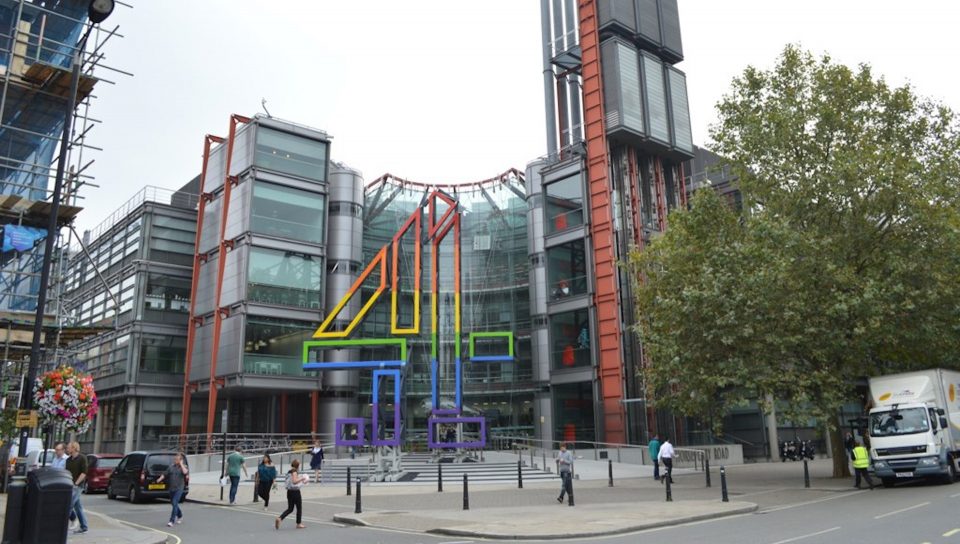But the risks are huge. Independent analysis suggests that Channel 4 generates nearly £1 billion for the UK economy and supports over 10,000 jobs.
The industry body that represents independent producers says that every year, around 15 new TV production companies get their first ever commission from Channel 4. It warns that a private owner could move production in house, away from independent producers, benefiting “large profit driven corporations”.
There will be consequences for programmes too, which are likely to become less UK-focused. As the big streaming services have shown, programmes must now have global appeal to maximise revenues.
Particularly at risk would be Channel 4 News, unique for a commercial channel in its commitment to an hour a day of serious, peak-time analysis. Even if a specified news slot were required under the terms of any sale, a private owner seeking to maximise ratings is likely to push for lighter material.
Investigative journalism and foreign reporting are expensive, and have never been part of the streaming services’ output. As one politician commented in response to the notion that a privately owned Channel 4 could compete with the likes of Netflix: “How many journalists and how many camera crews has Netflix sent to Ukraine?”
Advocates for privatisation have suggested that all these problems could be mitigated by imposing certain conditions as part of any sale. But private broadcasters have form in seeking to change expensive obligations, such as when ITV successfully reduced the amount of regional news it was required to broadcast.
And even the strictest requirements around diversity or innovation could not legislate for the change in content priorities that are bound to follow. It is not possible to demand that a private broadcaster provides comprehensive coverage of the Paralympics or anchors its evening news bulletin from a war zone.
Changing channels
These details will present a dilemma for both government and potential buyers, rumoured to include Discovery and ITV. With a starting price tag of around £1 billion, a buyer will want as few strings attached to ownership as possible, and the government will want the highest possible price. The more obligations it imposes, the less attractive it becomes to commercial buyers, and the lower its value.
Given these downsides, there is a distinct possibility that the government has picked a fight it may not win. Labour has described the plan as “cultural vandalism”, and the Liberal Democrats have accused the government of “trashing this uniquely British legacy”.
Many of the government’s own supporters are also unimpressed. One former cabinet minister said the sale was “very unconservative”, while former culture secretary Jeremy Hunt said he never considered a sell-off when he was in post and was not in favour of it now.

Give your local vendor a hand up and buy the magazine
Each of our vendors buy their copies of the mag for £1.50 each, selling them for £3 and keeping the difference. Visit our interactive map to find your nearest vendor.
Perhaps most surprising of all, the powerful Conservative chair of the culture select committee, Julian Knight, asked whether the sell-off was motivated by “revenge for Channel 4’s biased coverage of the likes of Brexit and personal attacks on the PM”. Those attacks included Channel 4’s most senior news executive calling the prime minister a “known liar” and comparing him to Vladimir Putin.
And while the government may feel confident in dealing with its own party dissenters and a united opposition, it faces almost certain defeat in the House of Lords, where the government does not have a majority.
It then has to deal with public opinion. With members of TV royalty like David Attenborough and Armando Iannucci condemning the move, regular TV viewers (voters) may be asking why the government is devoting time to such a controversial policy when household bills are rising and there is a war in Europe.
Those voters may also not want to give up their ownership of a television channel with such a distinctive institutional ethos and which does not have to worry about shareholders. All the evidence suggests that turning it over to private hands – even circumscribed with quotas and obligations – would inevitably result in fewer jobs, fewer programmes for UK audiences, less diversity of content, less innovation, and less new talent.
If revenge is not the government’s rationale for such a risky move, it’s difficult to see what is.
Steven Barnett is professor of communications at the University of Westminster
This article is republished from The Conversation under a Creative Commons license. Read the original article.


